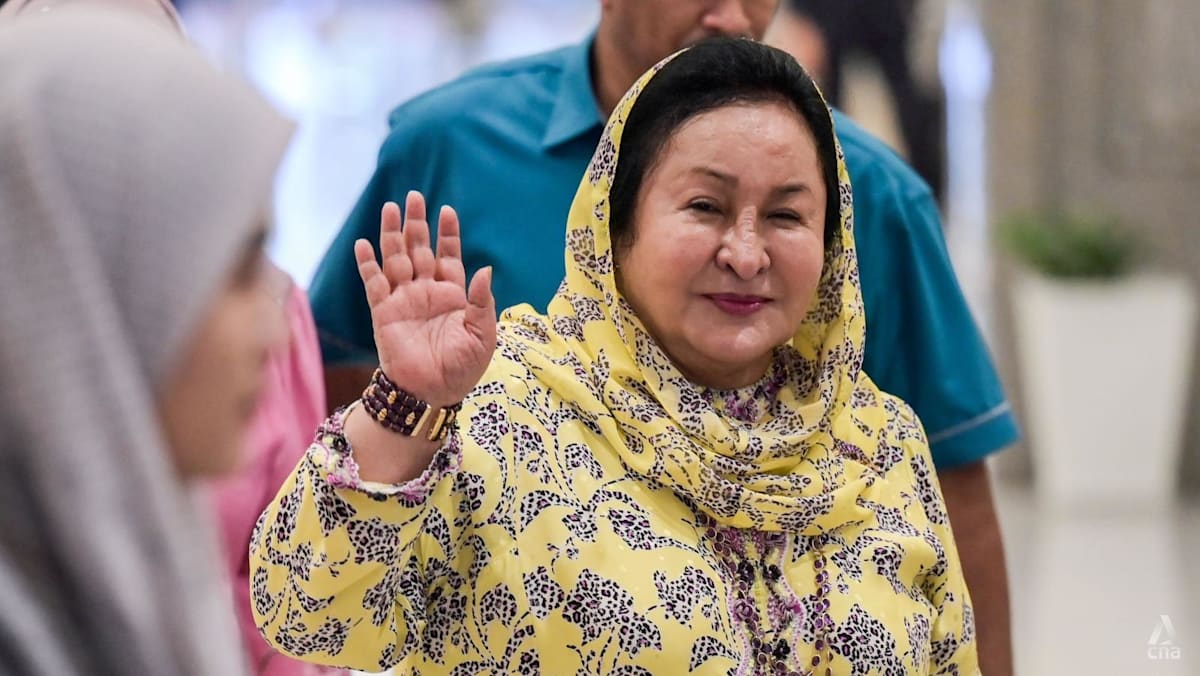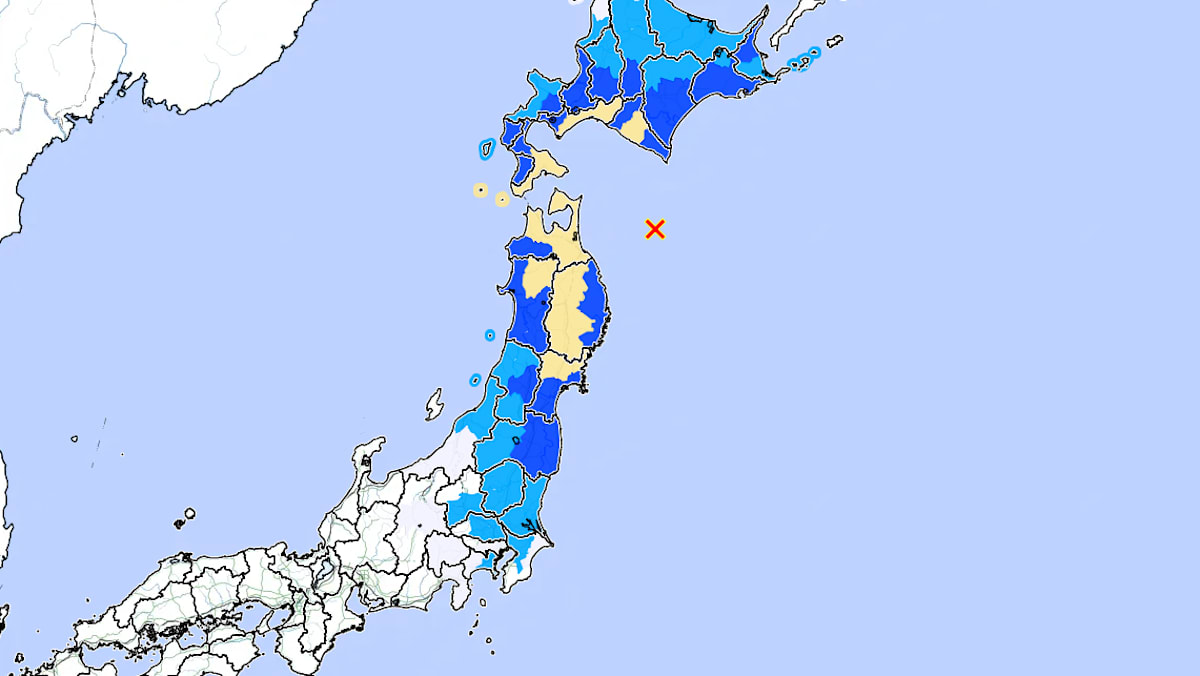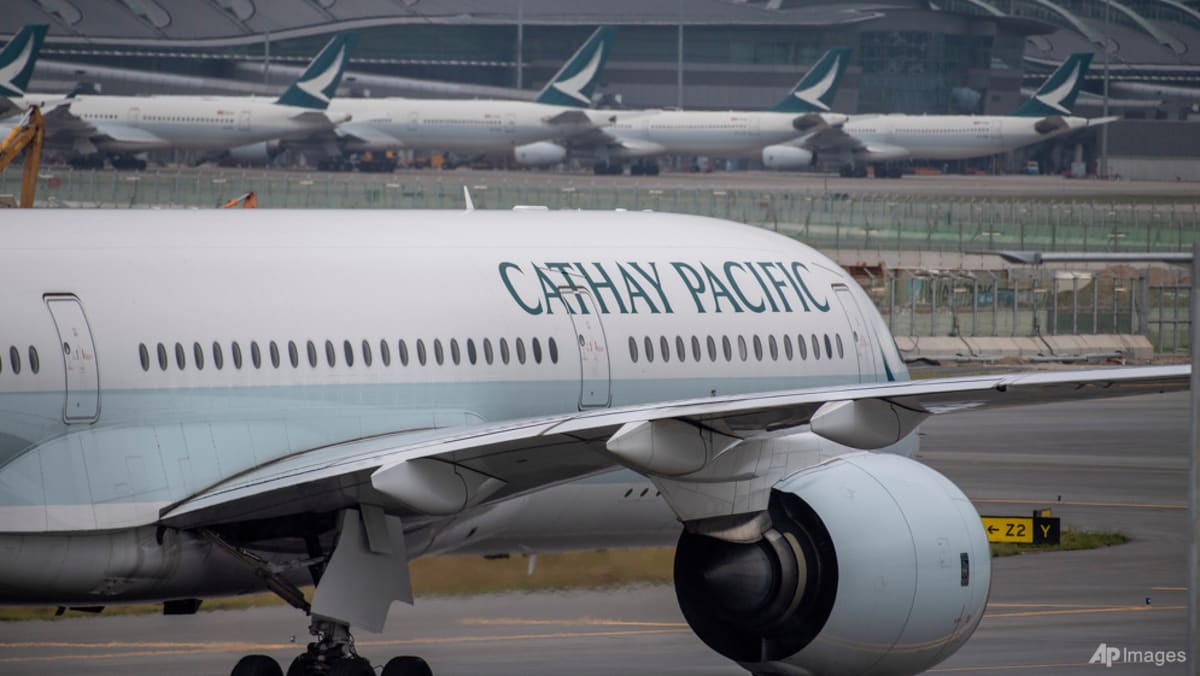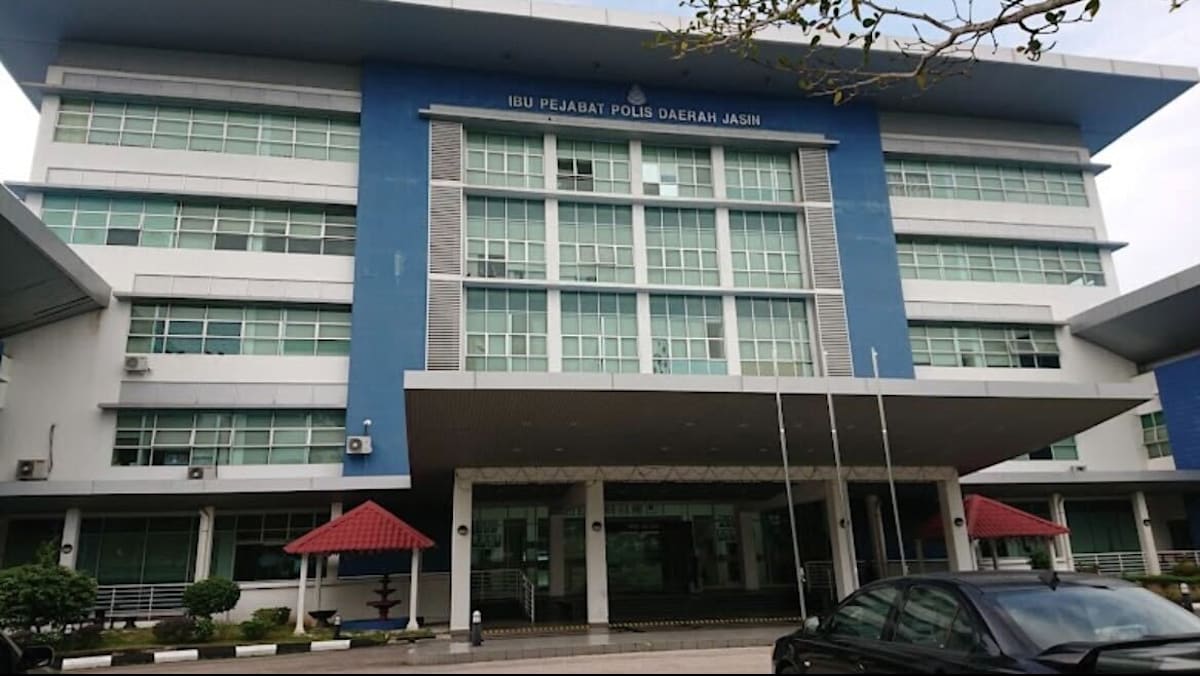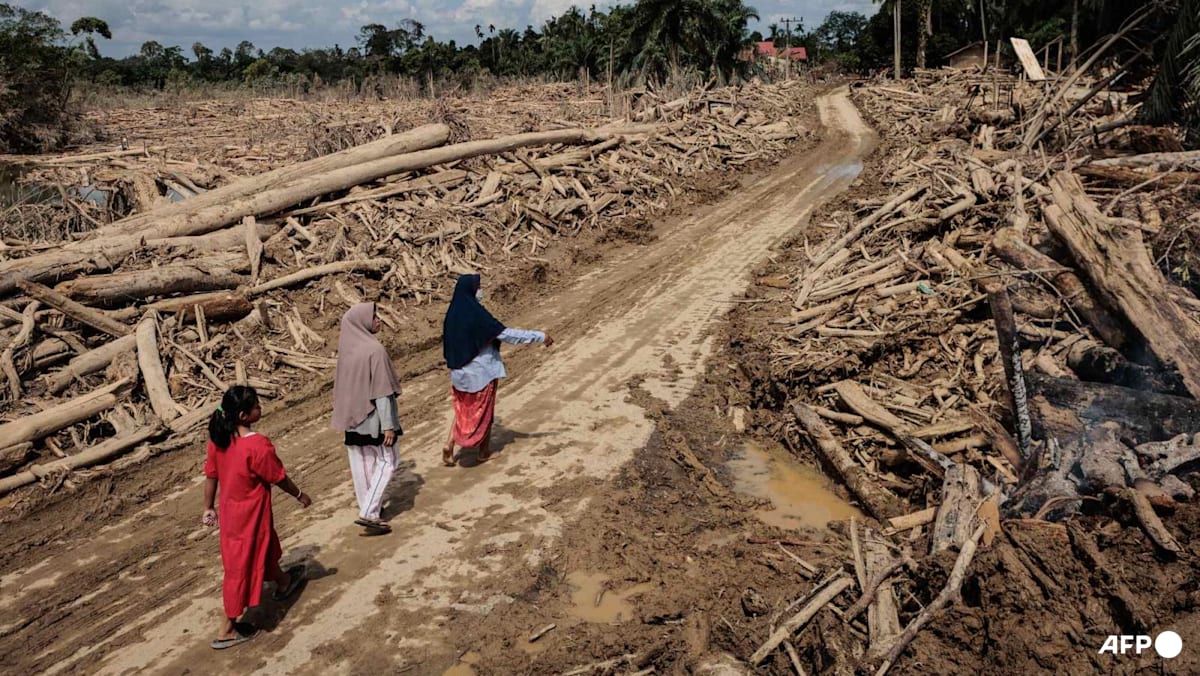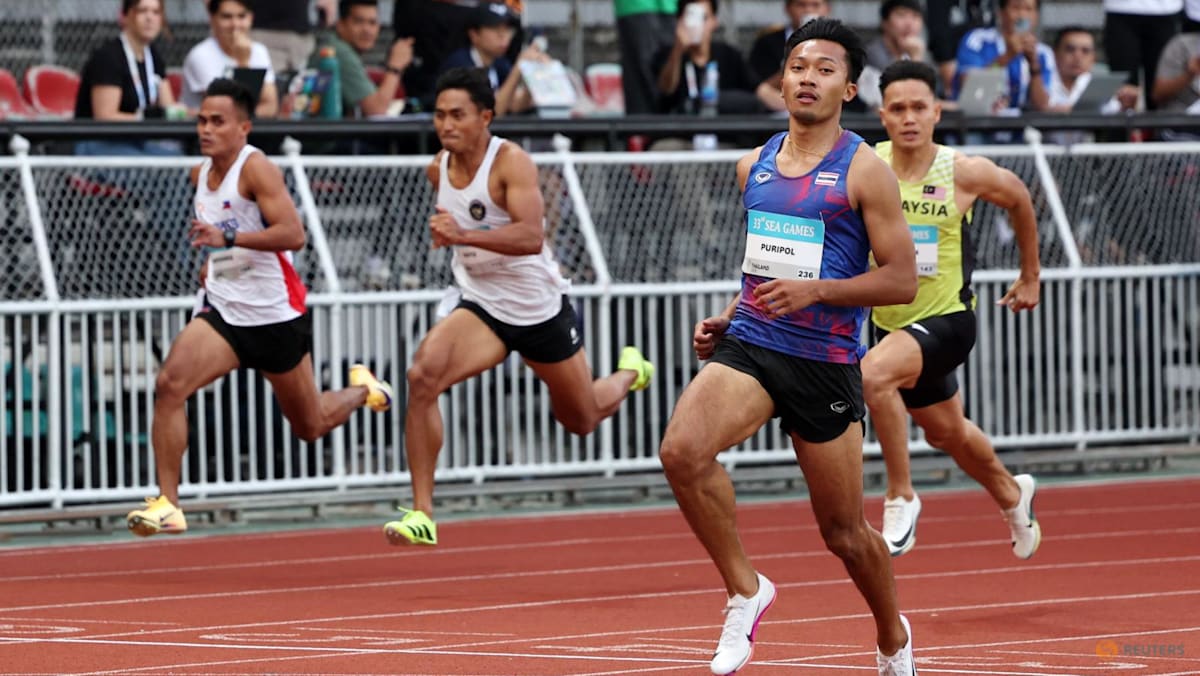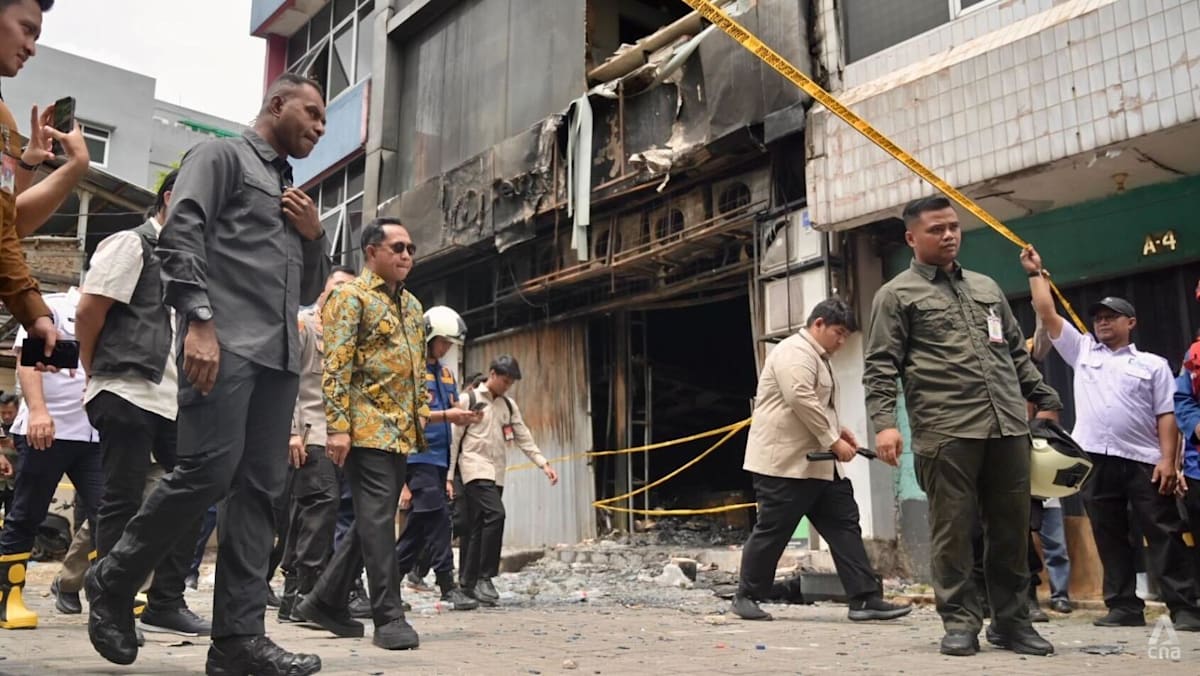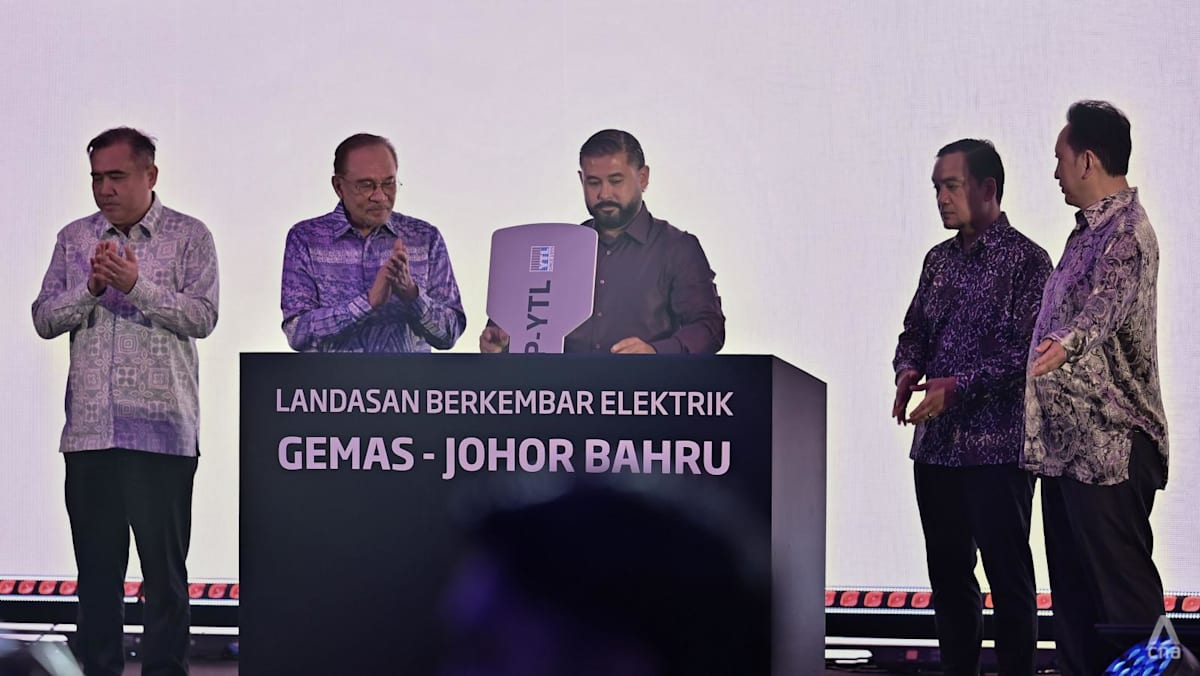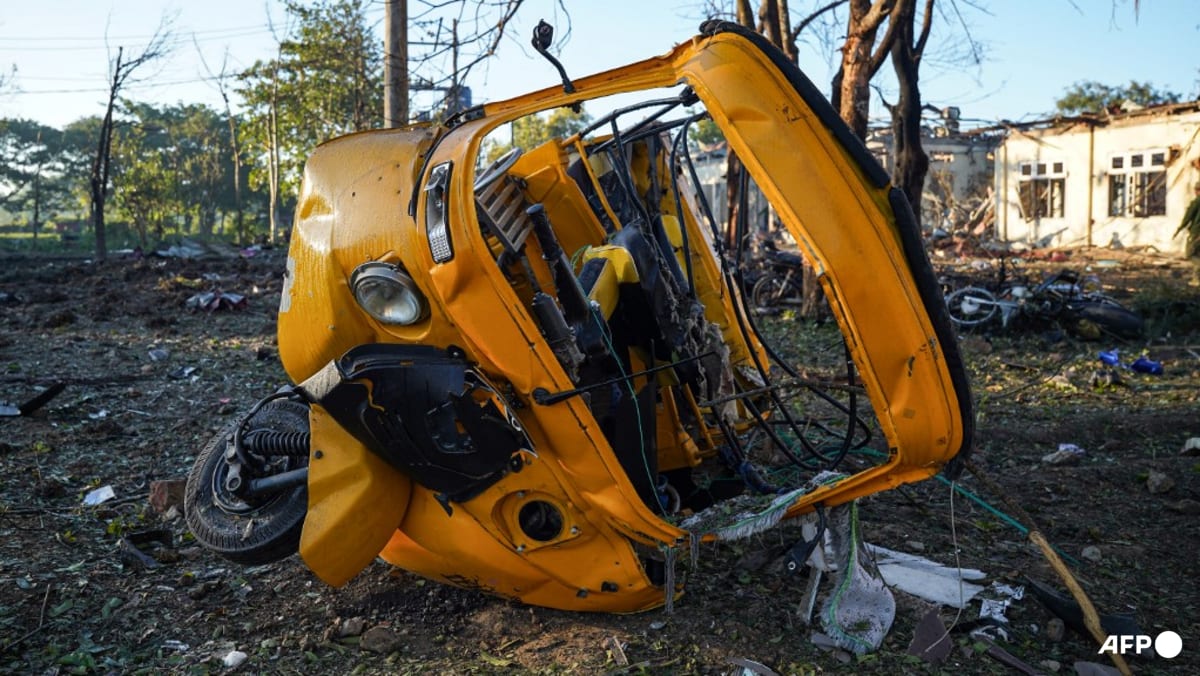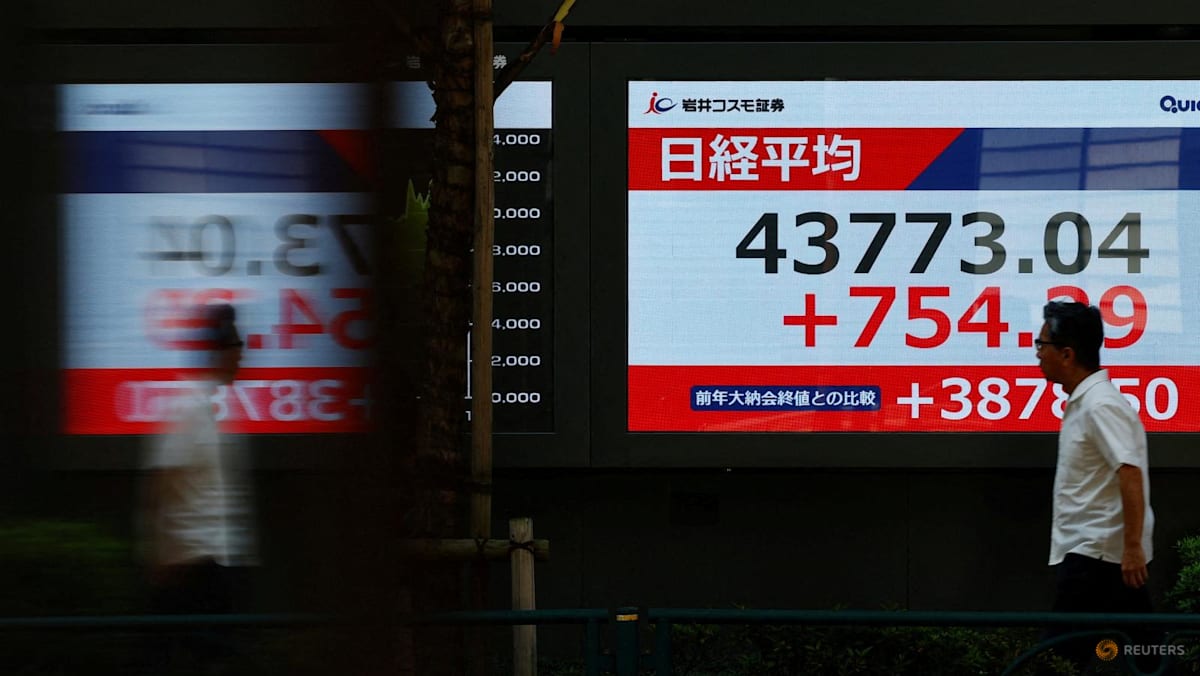South Korean president faces second impeachment vote over martial law bid

If impeached, Yoon would lose authority but remain in office until the Constitutional Court either removes or reinstates him. In the meantime, Prime Minister Han Duck-soo would serve as acting president.
If the court removes Yoon or he resigns, a presidential election must be held within 60 days.
Yoon is separately under criminal investigation for alleged insurrection over the martial law declaration and authorities have banned him from travelling overseas.
He has not signalled a willingness to resign and in a speech on Thursday vowed he would “fight to the end” and defended the martial law decree as necessary to overcome political deadlock and protect the country from domestic politicians who are undermining democracy.
Yoon, president of Asia’s fourth-largest economy, hopes political allies will rally to support him, but the fiery remarks appeared to find mixed reception among PPP lawmakers.
A Gallup Korea poll on Friday had two-thirds of supporters of Yoon’s party opposing the impeachment, though three-quarters of all respondents supported it.
Elected in 2022, Yoon was widely welcomed in Washington and other Western capitals for his rhetoric defending global democracy and freedom, but critics said that masked growing problems at home.
He clashed with opposition lawmakers that he has labelled as “anti-state forces” and press freedom organisations have criticised his heavy-handed approach to media coverage that he deems negative.
The crisis and ensuing uncertainty shook financial markets and threatened to undermine South Korea’s reputation as a stable, democratic success story.
South Korean shares rose for a fourth straight session on Friday on hopes that the political uncertainty would ease after this weekend’s parliamentary impeachment vote.
Source: CNA


